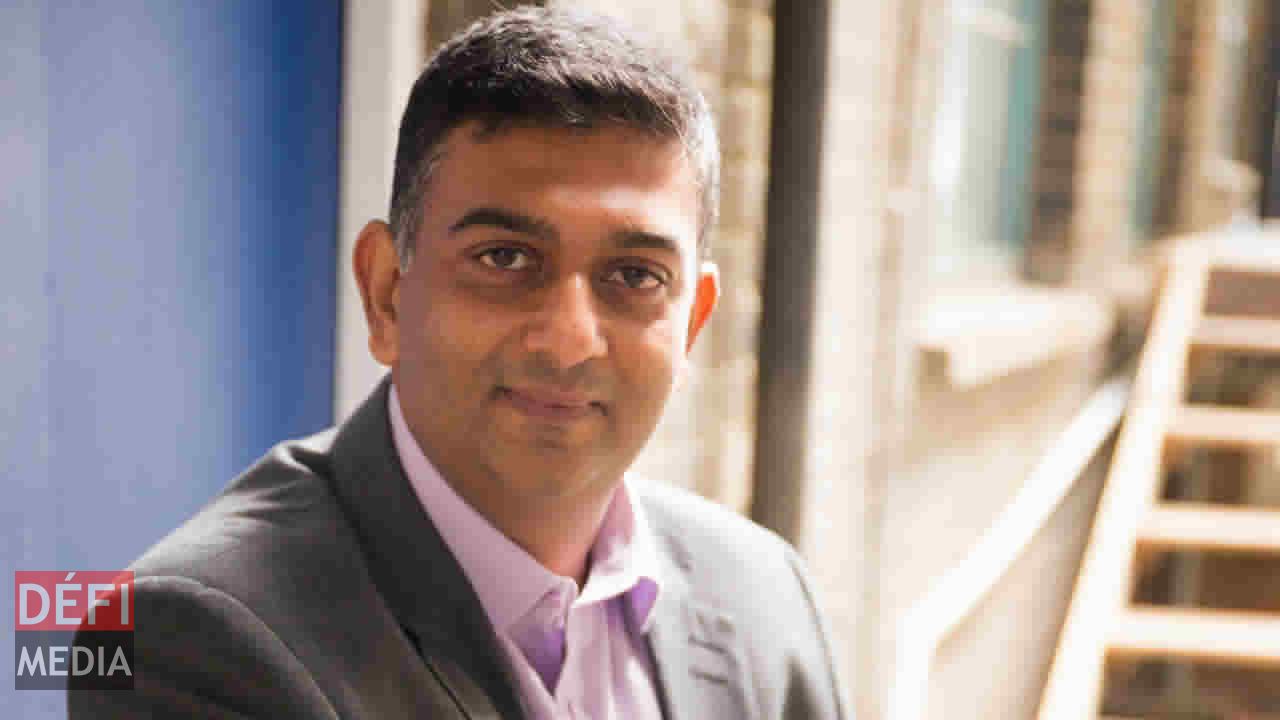
My recent visits and training sessions delivered in African continent and Southwestern Pacific Ocean in the field of culture change at governmental level have led me to conclude that the politics of a country has a very profound impact on all of its levels of development.
Publicité
Politics is currently about getting into power and then carrying out successful activities to help you stay in power. In today’s world, politicians must prepare themselves to assume a remarkable task, to face the global, social, political, and economic development challenges. Are they prepared, in terms of education and experience, to undertake the ministerial responsibilities and to deliver the services expected from them? Do they have proper qualifications or training to run a government office successfully? Should they need institutional learning before assuming such positions? Or should they depend on on-the-job training to improve ministerial performance with the nation’s majority interest at stake?
Notable global ministers who have done well in the past have good personal value systems and focused vision. These individuals usually have a strong self-belief mindset, which involves a sense of compassion, rapport, duty of care, accountability, knowledge, skills, oratorical presence and resoluteness. They ensure that red tape is kept to a minimum and that they are able to deal with risk management and also to lead. What about their personal ethics? Before the election, loads are being said and post-election you could hardly see your elected? Their response is that we are working for the country, the benefit of the country. Are we all sure that they have the right faculty to work for the country? Or is that the race, gender, caste and whatsoever which counts in order to sit on the leather seat.
Nowadays, population expects politicians to tell us what they will do when they come to office and once they are elected we expect them to fulfill those promises. And, as often happens, when these politicians fail to keep their promises we throw them out. These failures nourish the belief that politicians are all dishonest and they never had any intention of keeping their word. In many cases voters receive only empty promises. Much has been done since the inception of politics in Commonwealth countries for example an increase in the number of political advisors. Actually, in Mauritius, we now have the implementation of a “Mentor Minister” concept which if rightly used comes in line with the need for traineeship of Ministers. Wishfully hope that he would be able to mentor other fellow ministers and keep his own personal respects and vice versa. To attain that wisdom and humility play an important role in order to get the desired results.
The question however remains; what can and should be done to assist newly appointed ministers to cope and perform at their highest level. Given the hectic schedules of ministers— who have to juggle ministerial, political, constituency and personal responsibilities— what set of procedures will support ministers in effectively pursuing their agendas, which have an incalculable impact on the lives of millions of people. However, putting in place a set of systemized training processes will enable this to quickly become a routine and welcomed aspect of ministerial accession. Secondly, the universal implementation of it will reduce egotistical reluctance from individuals.
Most individuals who put themselves forward for these life-changing ministerial positions are ill prepared to take up such postings and to carry out the changes required for the good of their nation. The change that new ministers experience is immediate, one that is occasionally unexpected or for which they are unprepared, and it requires a radical transformation in their workload, responsibilities and in the nature of their interaction with others. “Ministers must tackle a range of issues, often brutal in their complexity. They know that, whatever they do, some groups in the country will be unhappy with the result. They know there is no single answer. Indeed, often it is hard to get agreement on what the issue actually is.” Alongside with the daily routines of managing their political duties and personal lives, it requires “ways of managing time, information, access and expertise, if ministers are to have any chance of meeting those diverse expectations.”
As such ministerial training encompasses two broad aspects— firstly the issues and knowledge necessary for overseeing the sector-specific responsibilities of a minister’s department and, secondly, the skills required to successfully lead and manage a government department. Currently, it is only by the end of two years that a minister begins to understand what he is doing. The aim of training is to get ministers up to speed to a satisfactory level. This may sound at first glance a limited goal, but it is one that in many countries around the world governments and the civil service are failing to meet.
It’s assumed that if you are elected, you can be an effective minister. For most ministers assuming office, this is the first time they have had the opportunity to manage large departments with multiple outcome responsibilities. Many have come from small entrepreneurial backgrounds or worked their way up the rungs as career politicians.
Many of the skills necessary to becoming a successful minister are the same for those in other professions—sound judgment, people and communication skills, leadership and team working aptitudes, managerial capabilities, time management and so forth. The task of ministerial training is to provide specific support: introducing a new minister to the tasks, scenarios and structures of the ministerial workplace, and providing instruction in sector-specific knowledge relevant to the department. It is apparent that a far more encompassing and strategically designed process is required, beyond the poorly thought-out and ad-hoc support that exists and varies from country-to-country and government department-to-department globally, which can contribute an element of certainty and grounding to an often chaotic and extemporized set of circumstances. Training encompasses areas such as strategy, policy and delivery. It reflects an acknowledgement that political leadership and government is an art (not the leather seat) with which one, given natural abilities, can be trained and equipped to carry out.
Ministers oversee large organizations and work within a hierarchical framework of policy implementation that extends far beyond the civil service itself to other parliamentary bodies. Issues such as time management and communications strategy are two of the critical areas here in which training is able to lay down clear guidelines to ease the day-to-day burdens on a government minister. These also offer clear examples of the long-term benefits that can accrue from short-term and simple, but effective strategic training and support.
It is envisaged that in the developing world a comprehensive approach should be taken to enable ministers to reach a minimum standard of competency, knowledge, skill and awareness necessary as the first step to efficiently taking on ministerial responsibilities. This training must be immediate but flexible.
Coaching, Training and Mentoring requires guidance and guidelines, which help provide an operational framework would enable ministers to channel their enthusiasm. The looser the framework, the greater the possibility that ministers and ministries will stray into areas that could be viewed as ethically suspect. Ministerial Codes are not there to be paid lip service to, but are a constant reminder of the responsibilities of high office. When we examine such a code we soon become aware of just how challenging living by such a code is.
The Seven Principles of Public Life-
• Selflessness— Holders of public office should act solely in terms of the public interest. They should not do so in order to gain financial or other benefits for themselves, their family or their friends.
• Integrity— Holders of public office should not place themselves under any financial or other obligation to outside individuals or organizations that might seek to influence them in the performance of their official duties.
• Objectivity —In carrying out public business, including making public appointments, awarding contracts, or recommending individuals for rewards and benefits, holders of public office should make choices on merit.
• Accountability— Holders of public office are accountable for their decisions and actions to the public and must submit themselves to whatever scrutiny is appropriate to their office.
• Openness —Holders of public office should be as open as possible about all the decisions and actions they take. They should give reasons for their decisions and restrict information only when the wider public interest clearly demands.
• Honesty —Holders of public office have a duty to declare any private interests relating to their public duties and to take steps to resolve any conflicts arising in a way that protects the public interest.
• Leadership— Holders of public office should promote and support these principles by leadership and example.
Legislative Leaders increasingly recognize that the demands of the role they have embarked on means that they feel ill equipped and daunted by what lies before them. The tightrope walker at least mentally and physically prepares for the dangers he or she might face, but it is not until they are confronted with them that they are fully tested. A quotation variously attributed to two first ladies of the United States of America (Eleanor Roosevelt and Nancy Reagan) illustrates the point: A woman is like a tea bag, you cannot tell how strong she is until you put her in hot water— the same could equally be said of a government minister.
* By Dr Jayshan Keejoo International Arbitrator, International Corporate Change Manager, Game Changer and Global Mindset Trainer Harvard, MIT, Cornell (USA)

Notre service WhatsApp. Vous êtes témoins d`un événement d`actualité ou d`une scène insolite? Envoyez-nous vos photos ou vidéos sur le 5 259 82 00 !





















![[Info Soirée] : «Depi li ansint zanfan la pass mizer»](https://defimedia.info/sites/default/files/styles/square_thumbnail/public/thumbnail_180424.jpg?itok=ZOhEXf-J)